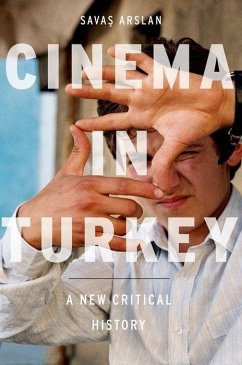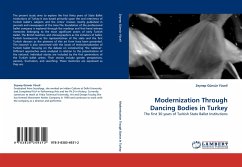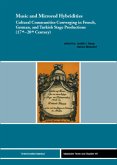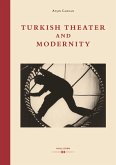With over six thousand films, Turkey has produced more films than any other country in the Middle East or the Balkans. Despite its prolific and popular nature, this national film industry has often been denigrated as imitative, simplistic, and underdeveloped. Taking up precisely these critiques, Cinema in Turkey provides a critical history of feature cinema in Turkey, considering how this cinema developed modes of communication reflective of both existing traditions and region-specific responses to modernization and nation-building. Focusing on both popular films and art cinema, this study deals with the history of cinema in Turkey, including not only its high point during the golden age of Yesilcam (as Turkey's popular film industry of the 1960s and 1970s is known), but also its early years and its current revival, the New Cinema of Turkey. This book not only provides the first comprehensive history of Turkish cinema in English, but also attempts to introduce a contemporary film-theoretical perspective to the examination of Turkish cinema, viewing it in a broader framework that goes beyond the canonical concerns of existing film histories and their art and auteur cinema related perspectives.
Hinweis: Dieser Artikel kann nur an eine deutsche Lieferadresse ausgeliefert werden.
Hinweis: Dieser Artikel kann nur an eine deutsche Lieferadresse ausgeliefert werden.
Arslan is an assistant professor at Istanbul's BahceIehir University and his talent for analysis of how cinema reflects society makes this more than just a book for film aficionados: it is a book for all who seek to understand the changes in real Turkish society during the 20th century. Today's Zaman








